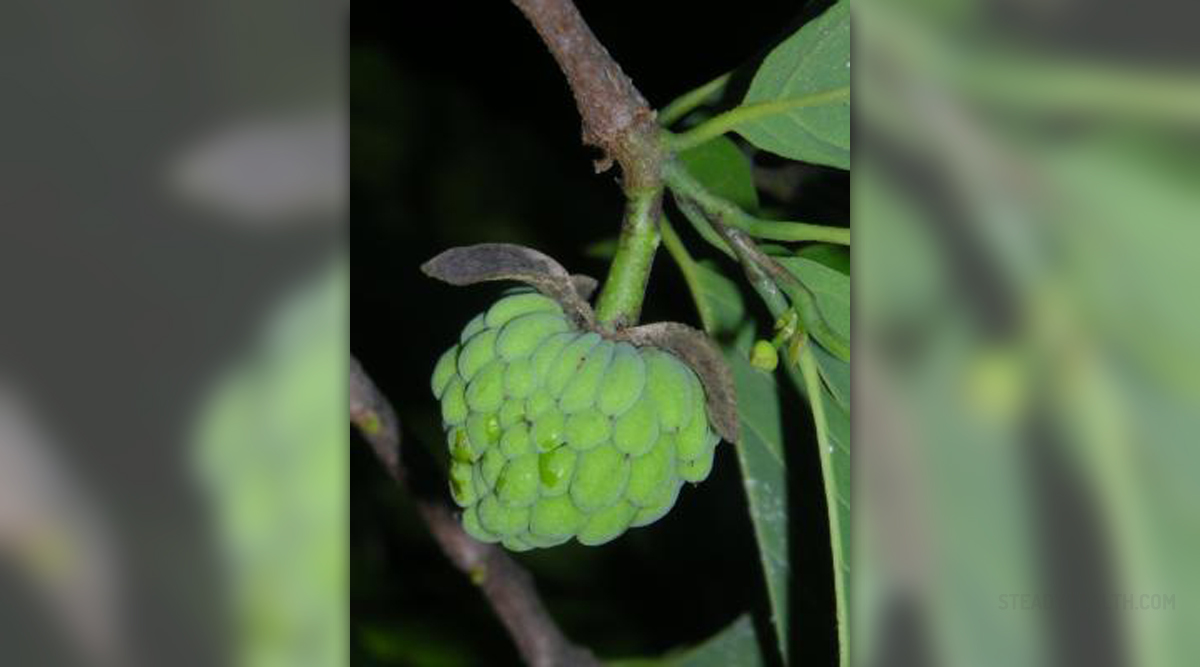
Herbs that help in lowering blood sugar levels
Since more and more people turn to nature and natural methods of treatment, in cases when it is necessary to lower the levels of blood sugar, herbal medicine offers several possibilities as well. A number of herbs are known and popular for their ability to help in this, among those most frequently used are cinnamon, fenugreek, ginseng and stevia.
Cinnamon is perhaps the most popular, since it can be obtained very easily. It has to be used regularly in order to provide the best effects, two teaspoons of ground cinnamon are to be consumed with each meal. Fenugreek does not have to be used in the form of capsules or supplements, but it can be added to food or taken in the same way as cinnamon. However, in comparison to cinnamon, the chances of experiencing an allergy are much higher, since it is related to peanuts and soybeans. Ginseng is an herb that the Chinese have been using for ages, and its ability to lower the blood sugar levels after a meal is only one of its numerous beneficial features. It is not really clear how it works, and whether it improves the resistance to insulin in the body or it encourages the production of insulin, but there is no doubt about its effectiveness. Stevia is mostly beneficial for its sweet taste, which is why it can substitute the use of sugar and it can be used as a sweetener without any risk that the levels of sugar in the blood will be increased.Besides these herbs, with people with type I diabetes should consume juniper berries, golden seal, pumpkin seeds, and aloe vera, while in cases of people with type II diabetes, dandelion, devil’s claw, saw palmetto and holy basil can be used as well.
What should people be careful about?
What people who are about to give this way of treatment a try should be aware of is that herbs do not necessarily have to work the same in all people. While some might benefit from a particular herb, in others the same herb might cause some unwanted effects, or it might not work at all. Some people may react positively to the treatment when the combination of a few herbs is used. On the other side, there is always a possibility of interaction because not all herbs can safely be combined with all the medications. This is why it is recommended to consult the doctor or even better - a professional herbalist, if possible.



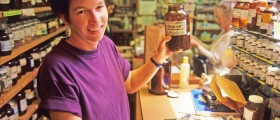

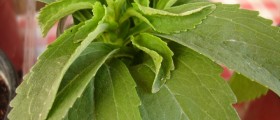
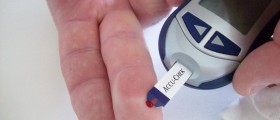


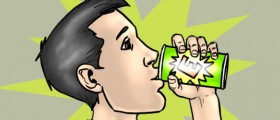
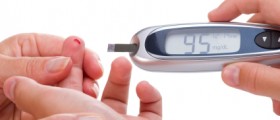

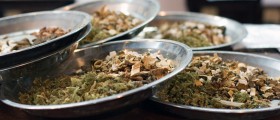

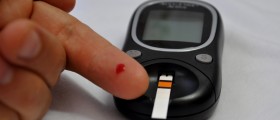
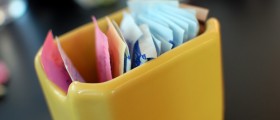

Your thoughts on this
Loading...